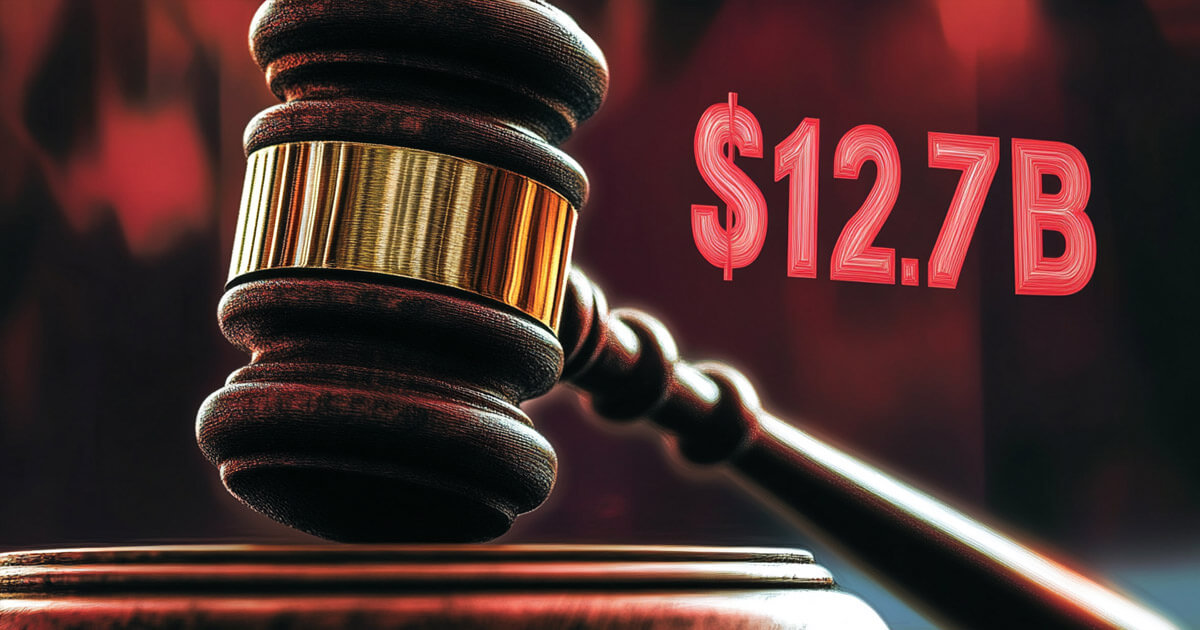Bitcoin Miner CleanSpark Buys 20,000 ASICs, Expands Capacity by 37%
Bitcoin mining firm CleanSpark announced a purchase of 20,000 new ASIC machines on Thursday, after the asset rallied to nearly $25,000 the day prior.
The new rigs will add 2.44 exahashes per second (EH/s) to its existing computational force of 6.6 EH/s. One exahash equal one quintillion hashes—inputs for solving the complex math problems required to mine new blocks.
That brings the company's total hashrate to 9 EH/s—a 37% rise—comprising 2.8% of the entire Bitcoin network's hash rate, going by current numbers from Bitinfocharts.
CleanSpark expects to pay around $32.3 million for the purchase, a discount of 25% or a total price per terrahash of approximately $13.25, the company said in a press release.
The machines purchased by the firm were Antminer S19j Pro+ units, which are 22% more productive than the Antminer S19j Pro announced in 2021. Deliveries are expected by early next month, with all batches arriving at the company’s mining campuses by the end of May.
CleanSpark, which markets itself as a sustainability-focused miner, operates multiple mining facilities across the United States, including a Washington, Georgia, facility, to which it will direct 15,000 of its newly purchased machines. The expansion, announced last month, will more than double its infrastructure capacity from 36 megawatts to 86 megawatts.
The expansion comes only two months after American mining giants like Core Scientific filed for bankruptcy, while others like Iris Energy saw a swath of mining machines liquidated due to failures in paying down their debt.
Iris, however, recently announced plans to rebuild its capacity earlier this week, after Blockstream confirmed a $125 million raise to expand its hosting services in late January.
“While it’s premature to call a bull market setting in, upward price momentum is making miners much more optimistic,” said CleanSpark Chief Communications Officer Isaac Holyoak via email. “Especially when you compare today’s BTC prices to the tail end of 2022 when miners were also seeing higher energy costs.”
Bitcoin’s 49% climb since the start of the year makes mining a more profitable endeavor since miner rewards are mostly denominated in a fixed number of BTC per block. Data from Glassnode last month suggested that the average Bitcoin miner returned to a position of net profit when the asset reclaimed $18,800.
Despite the momentum, Holoyak said his company is yet to enter HODL mode. “We continue to sell a major portion of our bitcoin and reinvest it into infrastructure and machines,” he wrote.






